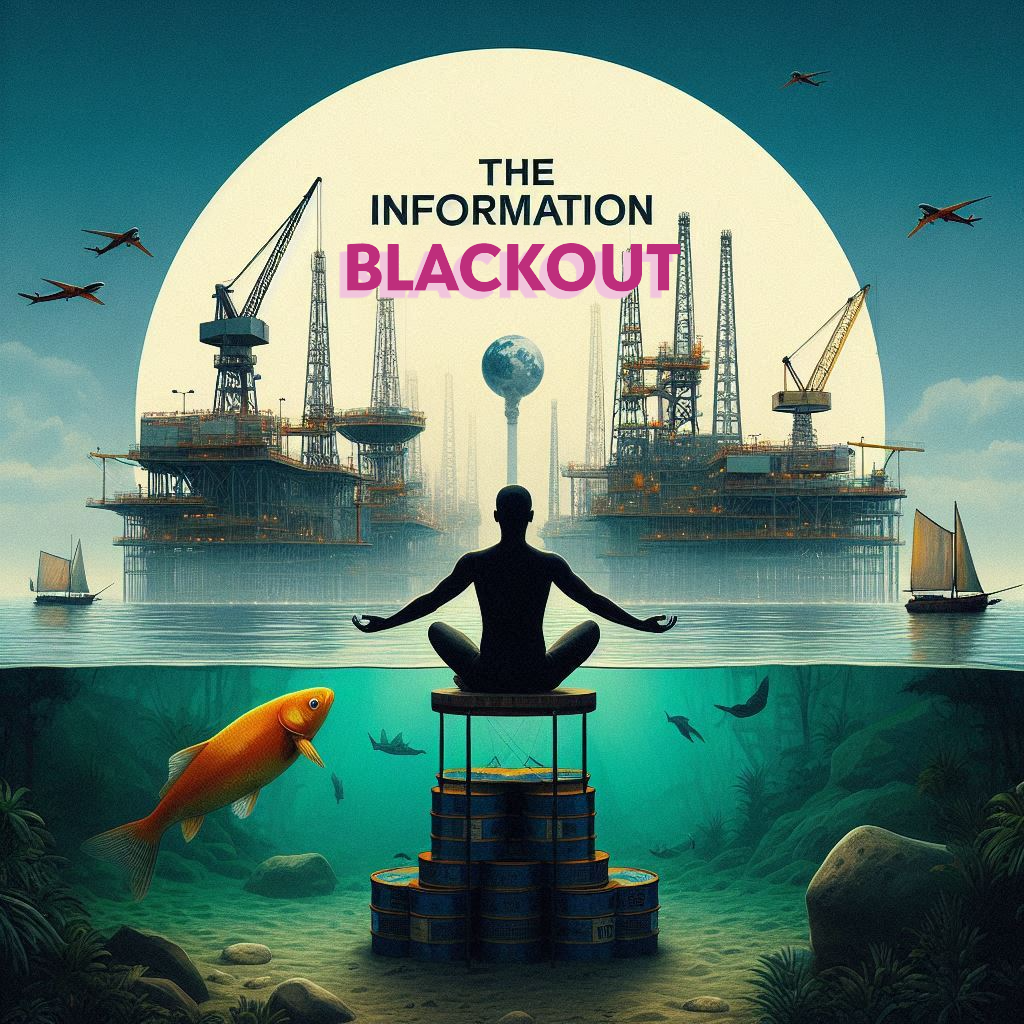Every Man, Woman and Child Must Become Oil-Minded (Part 95)
This Article was Published on the 30 July, 2021
Introduction
Thirty months after its passage and assent by President Granger in January 2019, the only thing active about the Natural Resource Fund Act is that it continues to generate controversy. The Act was passed during the lame duck post-NCM administration, a session boycotted by the PPP/C which had successfully brought the No Confidence Motion.
Economist and SN Columnist Dr. Tarron Khemraj recently took the Government to task for its apparent preference for the model of National Oil Fund of Kazakhstan: a country described in a 2020 Freedom House report as a “consolidated authoritarian regime”, where freedom of speech is not respected and whose electoral laws do not provide for free and fair elections. To give some perspective however, that country’s SWF was inspired by Norway’s experience and is therefore not without any redeeming merit.
Oil and Gas Columns 57 and 58 in fact discussed in some detail the concept of the Natural Resource Fund, Guyana’s version of a Sovereign Wealth Fund. Then Finance Minister Winston Jordan was keen to emphasise in the parliamentary debate on the NRF Act that its drafting benefitted from expert international assistance and that it faithfully observed what are referred to as the Santiago Principles which “promote transparency, good governance, accountability and prudent investment practices whilst encouraging a more open dialogue and deeper understanding of SWF activities”.
There is no argument either about the two most important functions of SWFs: their role in the stabilisation of key macroeconomic variables and the long-term investment of accumulated public savings. About this there should be no real dispute. Nor should the broad objectives be in dispute either: as a savings and investment mechanism; to facilitate diversification and thus avoid the Dutch Disease; and to allow a controlled flow of cash from natural resources into the national budget. As an earlier column had noted, SWF’s have the potential of growing into Sovereign Development Funds. But whether Guyana will ever get there is another matter, based not only on the volatility of oil prices or investment yields but also on the country’s politics which is always partisan and rarely national.
One year after the PPP/C regained power on August 2, 2020 and more than two years after its assent by then President Granger, the Natural Resource Fund Act is not in operation since no date has been appointed bringing it into operation. There is therefore there is no effective or legal requirement that the oil money or any part of it should go into the Account being held in the Federal Reserve Bank of New York. Such a vacuum is dangerous, irresponsible and raises some grave questions.
The Government has three principal options when it comes to the Act – appoint a date bringing it into operation, repealing it with no immediate replacement, or, to give effect to its own preference, repealing and replacing it with a Kazakhstan -type Act. Having not brought the Act into operation for an entire year, it is difficult to see the Government doing so now. And in any case, doing so has implications and consequences: not only to acknowledge and validate an “unlawful Act”, but agreeing to its restrictions on expenditure, which Governments generally regard with disfavour.
The second option is not only not practical but is likely to cause some concern among the international community. If the Act is repealed with no replacement, the proceeds of royalty and profit oil would go straight into the Consolidated Fund, ready to be spent. That would defeat the whole purpose of inter-generation equity, a foundation principle of Sovereign Wealth Fund. That leaves us with the third option. But that can prove to be a political minefield. There is little in the country that passes for an opposition but Guyanese take their patrimony seriously and for a sizable part of the population oil has now replaced the Kaieteur Falls as our iconic national symbol – for better or worse.
This places the Government in a quandary. It cannot for much longer delay action on the Natural Resource Fund Act which it may want to think is really unlawful, having been passed by a lame-duck Parliament which it felt compelled to boycott. But there is another reason why the Government may not want this Act. Its expenditure controls are considered too restrictive. The President and the Vice-President have already signaled their disfavour with the Act and their preference for the Kazakhstan Model which many argue is too permissive and gives the politicians too much control. To date, the Government has not done any major acts of commission to arouse the ire and anger of the public at large. Having deprived the PPP/C of power for five months, the political opposition lost much credibility, with the corresponding gain going to the PPP/C.
That derived goodwill to the PPP/C is not however inexhaustible. The NRF Act is not only for a single party or a single generation. This contemporary generation owes it to those yet to come to ensure that there are inter-generational savings from oil. The NRF is too important to become a political instrument and must be protected and defended.
Ram’s Note: A number of editing changes were made to this piece subsequent to its appearance in the Stabroek News.
By Chris Ram
Article Originally Published At: https://www.chrisram.net/?p=2301











